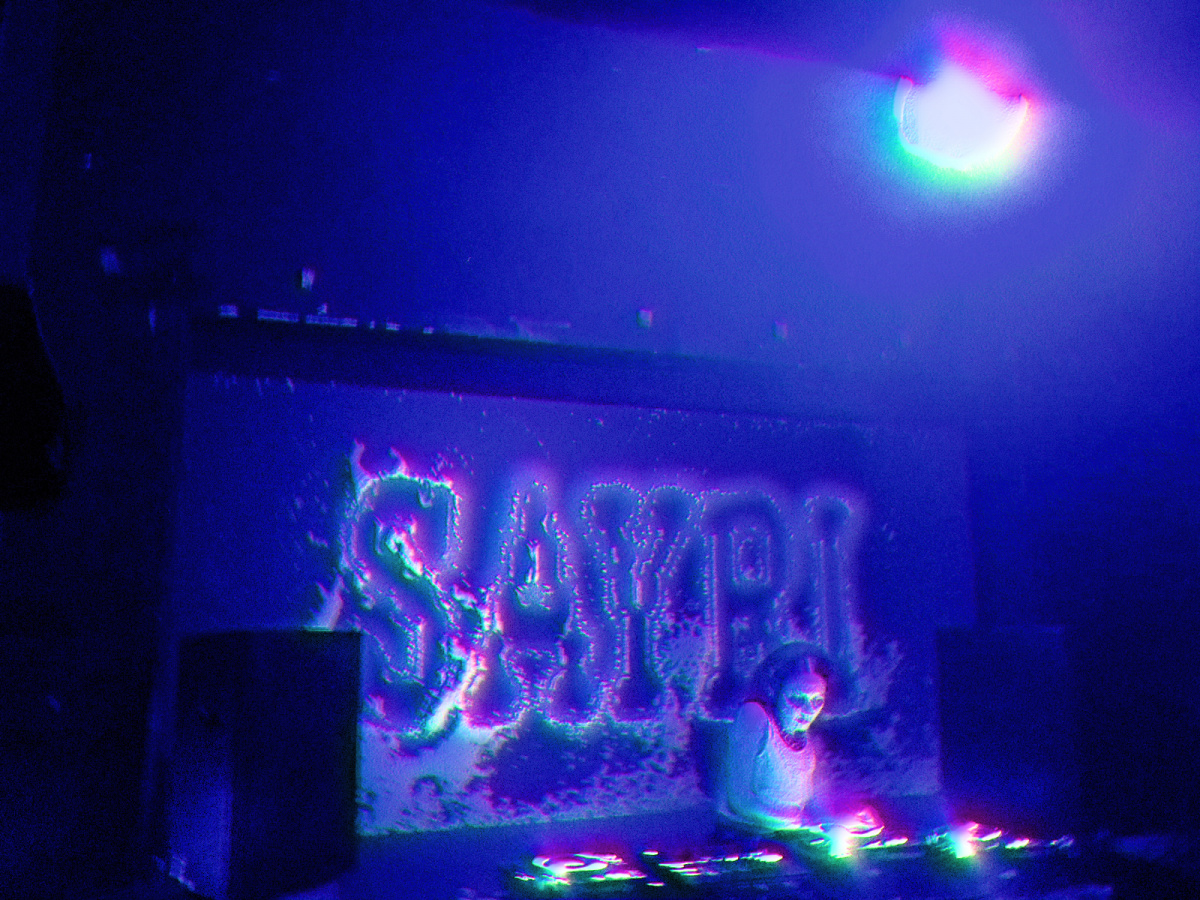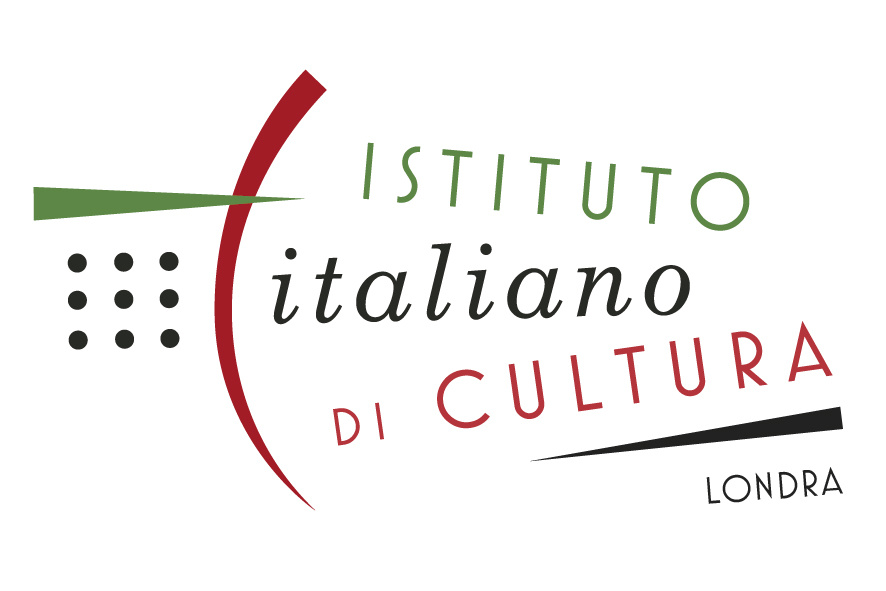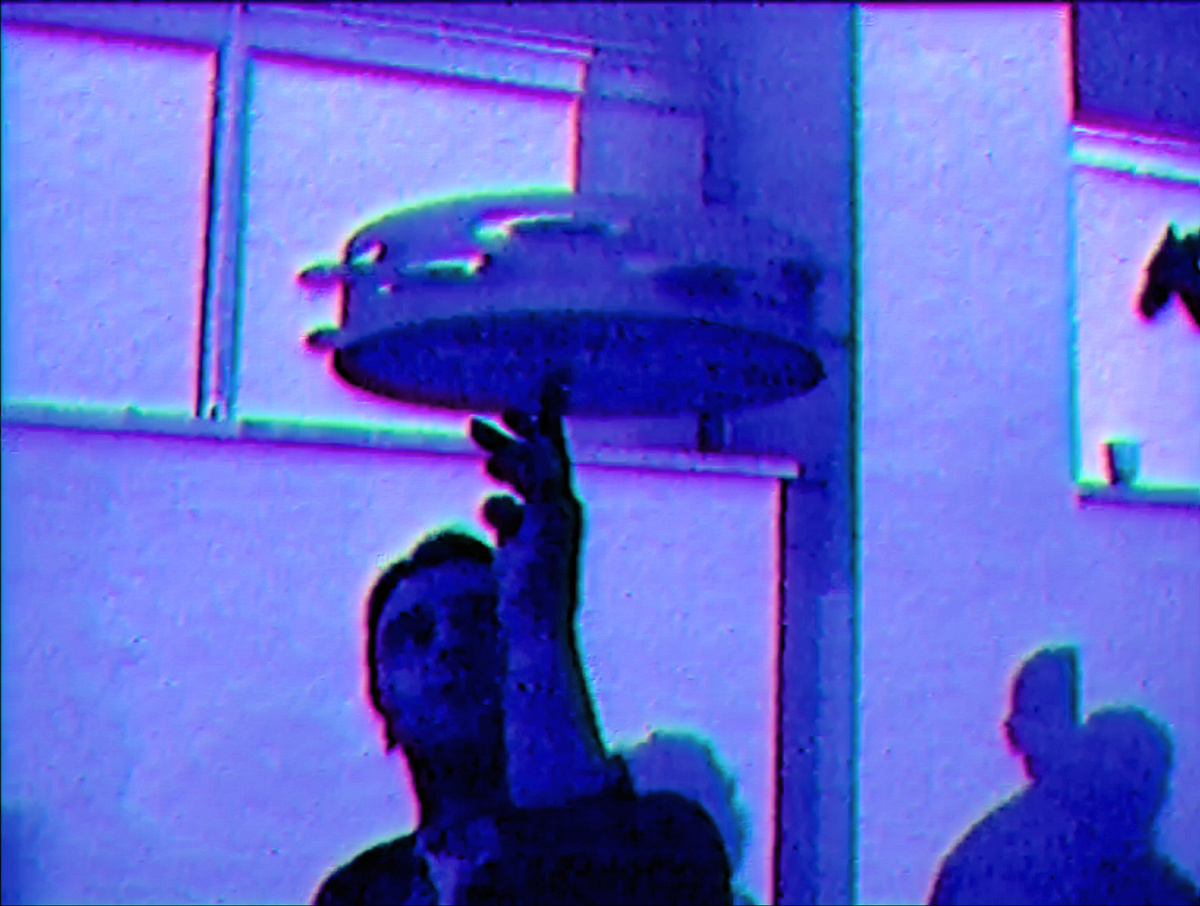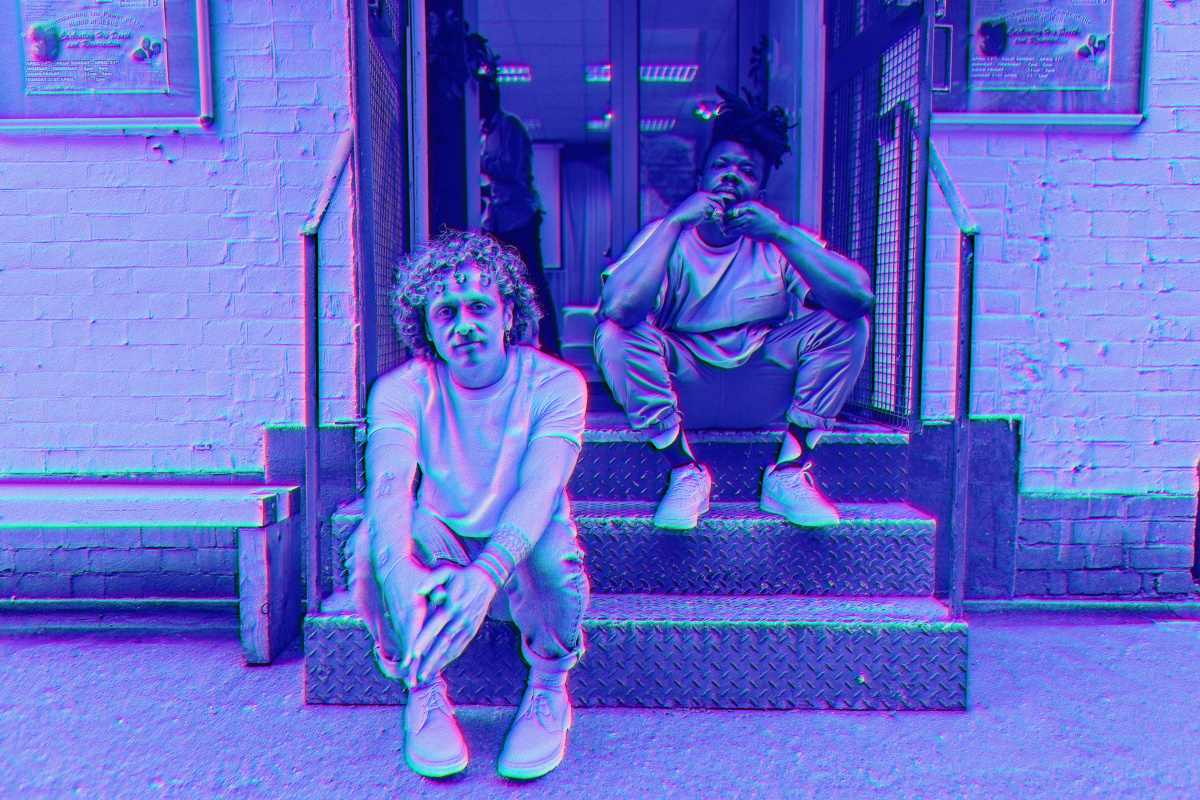
Amplifying Sonic Resistances Across Abya Yala
Milan-based activist, radio DJ, and journalist Sonia Garcia sheds light on the cultural and musical background of her community-healing project (and radio show) SAYRI, which she founded just before the COVID-19 pandemic kicked off. In the face of a growing interest in the west for what is usually referred to as «Latin Music», SAYRI offers a politicized space for queer latinx celebration in the context of Italian clubbing.1
In a year when COVID-19 has accelerated the deadly effects of capitalism, sharpening inequalities and tensions between the oppressor and the oppressed, the economical and political survival of the club and nightlife scene is far from being perceived as a priority. Under a global pandemic, it feels very privileged to fantasize about the possible futures for club culture and its related music industry, especially in a first world context, and yet imagination is key when it comes to resistance.
Europe Is Not My Center
Some questions arise, though. How can music still make sense in a scenario where the coronavirus radically incremented marginalized communities’ states of economic, social, racial, and gendered fear and outrage? How is the «club» going to save us – if it ever did – when its industry’s survival relies on the geopolitical power of the few who can afford to reimagine it?
«Europe is not my centre», pointed out Senegalese film director and writer Ousmane Sembène, in a 1998 interview with Oliver Barlet, when asked about the success of his movies in the global north (Barlet 2007). This might not be the answer, but it upholds the mindset that led me to the creation of SAYRI.
The idea behind SAYRI came long before COVID-19, when the need for a politicized space for queer latinx celebration in the Italian club context did not feel unrealistic yet. SAYRI is a cultural platform and event format for femmes/queer folks of the Abya Yala diaspora, where it is possible to imagine and build together anti-hegemonic futurabilities through arts and music. In the form of clubnight, radio show, online/offline space for queer latinxs to heal and thrive, SAYRI explores through sound and music the intersections between belonging, memory, and liberation, starting from – but not confined to – the Italian territory.
Italian Latinxs
Despite how big the community is, Italy has absolutely no latinx representation in arts and music – or pretty much anywhere. What is perceived as «latino», here and in all the global north, is a direct consequence of colonialism and its current structure of power, coloniality. «Latinidad» is a colonial fiction that thrilled us into thinking of ourselves, of our bodies and identities, as products of mestizaje. The diluted narration of «latino» as a racial and cultural identity, has led to a systemic invisibilization of Indigenous and Black communities, in our territories as well as in the diaspora. Since geography matters, let us go back to the first world’s art and music industries. «Latino» seems to have become a very fashionable trend, both in the mainstream and underground economies. The club scene is no exception.
Between 2017 and 2020, the club/experimental music scene in Italy saw the development of two interesting phenomena. First, a growing interest in afro/Caribbean/latinx-influenced sounds and aesthetics. Lots of «global music» club projects saw the light in those years, as well as the popularization of terms like «global bass», «world music», or even just «latin-oriented» club music. In 2019, it was particularly disheartening to see the same promoters and scene-adjacents capitalizing off our music, staying completely quiet during the months of insurrections against corrupt governments and police brutality, throughout the whole South American continent (Chile, Ecuador, Bolivia). Once again, the north white washing/gentrifying music and cultural productions from the South, gatekeeping them for white european consumption, came as a reiteration of its well-known colonial power.
Secondly, it was impossible not to notice the cosmetic use of «latinx decolonial» narratives adopted for woke-washing, definitely not inclusive spaces and club nights. Plenty of political initiatives in the club scene performed the «inclusivity» and «pro-diversity» cards, while still upholding inherently oppressive hierarchies in their decision-making composition. SAYRI was conceived between 2018 and 2019 as a response to these neocolonial directionalities, channeling the need to overcome the «latinx» stereotype in Italian club consciousness from within our own communities.
Reclaiming the Term
Reclaiming «latinx» means considering it as a predominantly political, sensitive, and affective dimension that transcends the corporeal one, most of the time impossible to grasp or be seen. It is not a search for western visibility – being «visible» won’t save us – but rather a tension towards horizons of abolition and intergenerational co-liberation.
As an Andean descendant, I found huge inspiration in sudaca artists like Elysia Chuquimia Crampton, and more recently Kornea (Peru), DJ Sentimiento (Peru), Mala Fama (Ecuador), NTFL (Ecuador). Their work honors Quechua and Aymara survival, queer ancestralities, and non-anthropocentric cosmogonies through sound experimentation, in and beyond the club sphere. SAYRI aims to amplify Indigenous and Black futurisms from Abya Yala in all their artistic and sonic trajectories: From the Indigenous Andean legacy rearranged in a hard-style, club perspective, to heavily percussive rhythms combined with regional genres, to perreo, cumbia, and more jarcor sudaca. SAYRI cherishes Black, marron, and queer sounds of Abya Yala experimental scene, and consolidates them as tools of resistance.
With DJs and producers Loka (Cuba/U.S.), Slim Soledad (Brazil), La Niña Jacarandá (Chile/Venezuela) in the lineup, SAYRI was launched in Milan in February 2020 as a club night. It was the last official party I have been to before the pandemic. The sense of intimacy and reciprocity when our experiences as latinx femmes of color came together, was the most powerful and emotional moment I got to experience in 2020. As a radio show on Milan’s Radio Raheem, SAYRI has hosted four guest mixes: Loka with Slim Soledad, DJ Sentimiento, Driado (Colombia/Argentina), k1000o. Driado’s mix was aired on the 12th of October 2020, the Indigenous Resistance Day, and is an «historiography or sonic history that ‹remythicizes› certain notions about this peculiar date of October 12th», as Driado has described it. Back in April, during lockdown, SAYRI appeared on the online festival Avantgardening in conversation with collective Rete Donne Migranti e Figlie from Rome, to talk about the pandemic from an anticolonial perspective.
Healing the Community
I do not believe in the «safe space» narrative. Systems of oppression are way too internalized and can be reproduced within marginalized communities on a daily basis. What we can do is protect and heal each other, in the hostile environments we happen to navigate. In Quechua cosmogony, the space-time notion is non-linear. We walk with the past in front of us, since we know it, while the future is behind our back, unknown. Just like space-time, the process of healing is everything but linear. Asserting our existence as queer latinx femmes of color in the white cishet Italian club scene, is already a political stance. Thriving in it comes next.
- 1. Note of the editor: All non-capitalized adjectives and nouns (including but not limited to European, White, Western) reflect the author’s choice.
List of References
Biography
Shop

Published on April 22, 2021
Last updated on April 09, 2024
Topics
Why New Yorks’ underground doesn’t give a fuck about Trump or why satirical rap in Pakistan can be life threatening.
About the ups and downs of cross-cultural creativity: Korean reggae, vaporwave, and the worldwide Hindu Holi festival.
A form of attachement beyond categories like home or nation but to people, feelings, or sounds across the globe.
From Beyoncés colonial stagings in mainstream pop to the ethical problems of Western people «documenting» non-Western cultures.
Does the global appropriation of kuduro exploit or reshape the identity of Angolans? How are «local» music genres like guayla sustained outside of Eritrea?
Queer is a verb, not a noun. Thinking & acting queerly is to think across boundaries, beyond what is deemed to be normal.
Special
Snap






